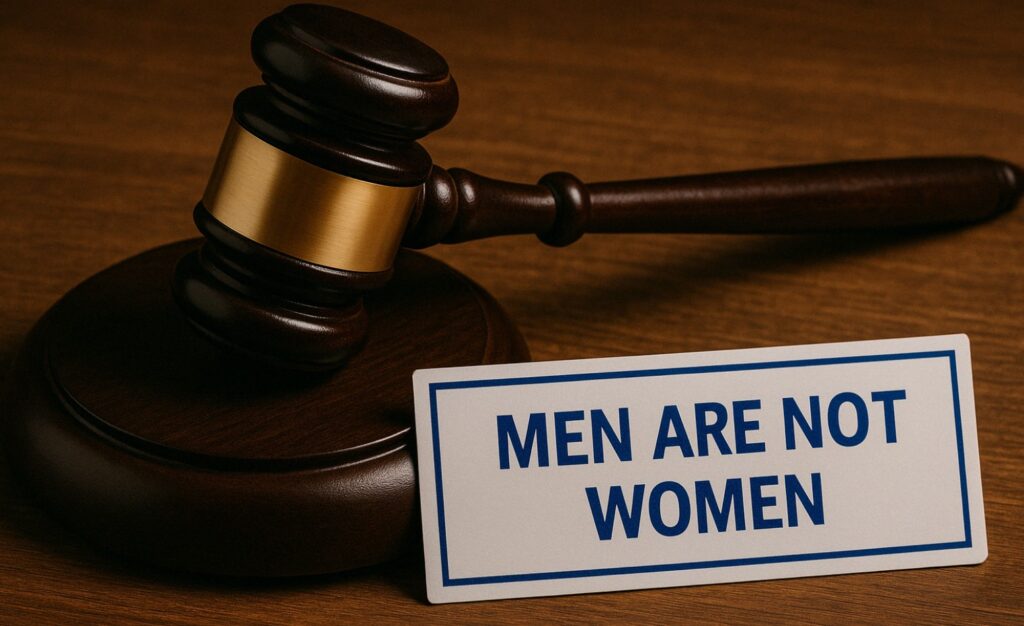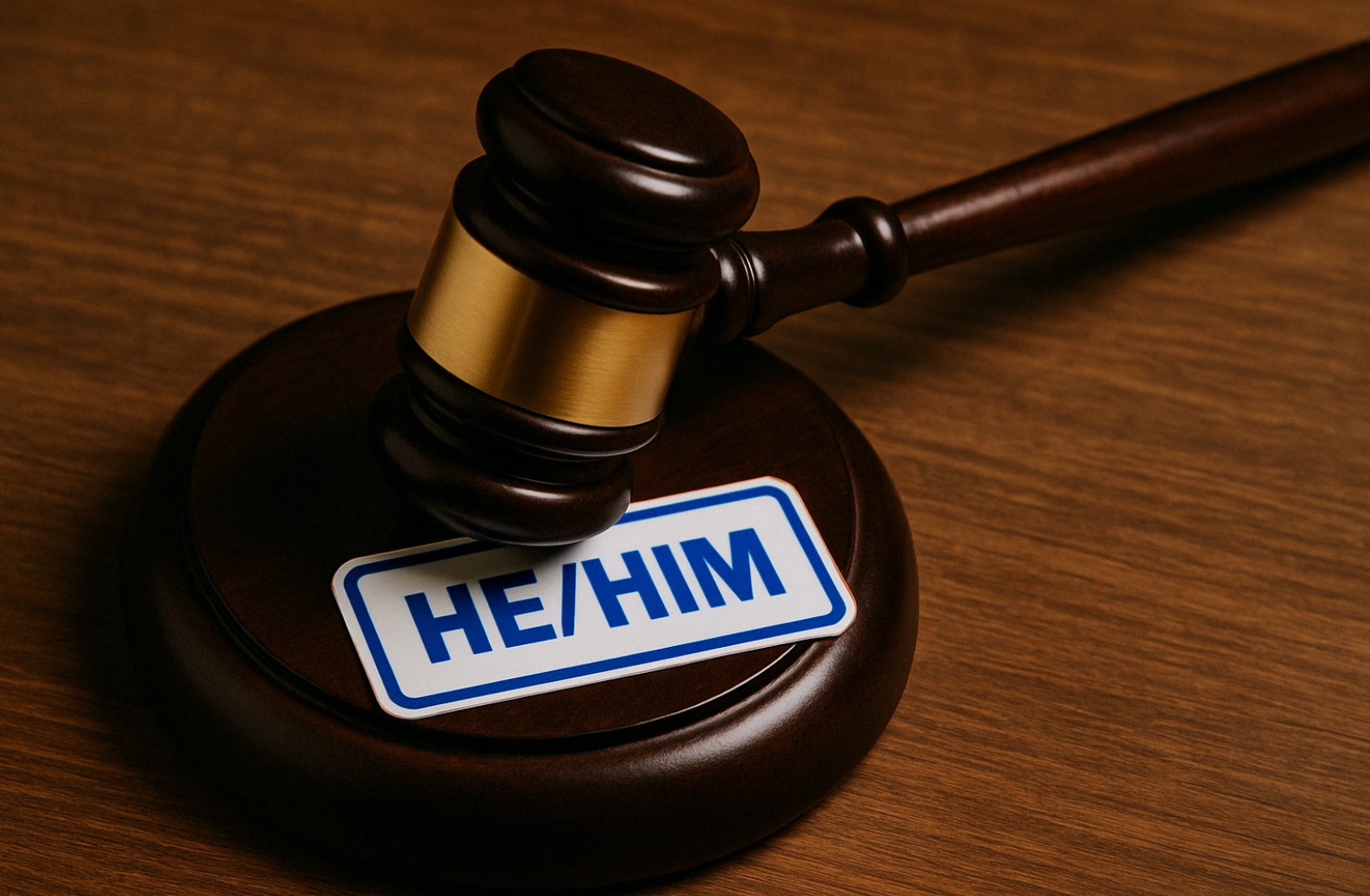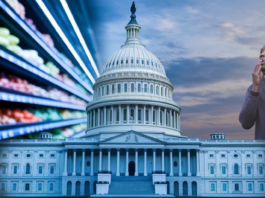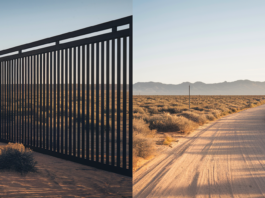In a landmark decision, the UK Supreme Court has ruled that the legal definitions of “woman” and “man” under the Equality Act 2010 refer exclusively to biological sex, not gender identity. This UK Supreme Court transgender ruling has significant implications for transgender rights and access to single-sex spaces across the United Kingdom.
The Case: For Women Scotland v. The Scottish Ministers
The case originated from a challenge by the advocacy group For Women Scotland against the Scottish Government’s Gender Representation on Public Boards Act 2018. The Act aimed to ensure gender balance on public boards by including transgender women with Gender Recognition Certificates (GRCs) in the definition of “woman.” For Women Scotland argued that this interpretation was inconsistent with the Equality Act 2010.
On April 16, 2025, the Supreme Court unanimously ruled in favor of For Women Scotland, stating that the terms “woman” and “sex” in the Equality Act refer to biological sex. Deputy President of the Supreme Court, Lord Hodge, emphasized that while the ruling clarifies legal definitions, it does not diminish protections against discrimination for transgender individuals under the Act’s provisions on gender reassignment .
Implications for Transgender Rights
The UK Supreme Court transgender ruling has sparked widespread concern among transgender rights advocates. By defining legal sex based solely on biology, the decision potentially restricts transgender individuals’ access to single-sex spaces such as women’s shelters, hospital wards, and sports teams. Organizations like TransActual have reported an influx of distress calls from transgender people fearing increased discrimination and exclusion.
Victoria McCloud, the UK’s first transgender judge, expressed alarm over the ruling’s potential to legitimize exclusionary practices. She warned that the decision could embolden those seeking to roll back transgender rights, stating, “The real issues now start”.

Political and Public Reactions
The ruling has elicited mixed reactions across the political spectrum. Scottish Green MSP Maggie Chapman called for the revival of the previously blocked gender self-identification bill to reassure the transgender community . Conversely, the Conservative Party welcomed the decision, viewing it as a reinforcement of protections for biological women. This comes just a month or so after two transgender females (men) competed in a pool championship.
Public figures have also weighed in. Actress Nicola Coughlan raised over £70,000 for the transgender charity Not A Phase in response to the ruling, criticizing it as a setback for transgender rights . She also publicly distanced herself from the upcoming Harry Potter reboot, citing J.K. Rowling’s support for the ruling.
Legal and Social Uncertainty
The UK Supreme Court transgender ruling introduces legal ambiguities, particularly concerning the status of Gender Recognition Certificates. While GRCs were previously understood to confer legal recognition of an individual’s gender identity, the ruling suggests that, under the Equality Act, such recognition does not equate to a change in legal sex. This has led to confusion over the rights of transgender individuals in various contexts, including employment and access to services.
Legal experts caution that the ruling may prompt organizations to revisit their policies to ensure compliance with the clarified definitions, potentially leading to increased exclusion of transgender individuals from spaces and services aligned with their gender identity.
A Pivotal Moment in the Gender Rights Debate
This UK Supreme Court transgender ruling marks a significant moment in the ongoing debate over gender identity and legal recognition in the UK. While the court aimed to provide clarity, the decision has intensified discussions about the balance between protecting women’s spaces and upholding the rights of transgender individuals.
As the implications of the ruling unfold, stakeholders across society will grapple with its impact on legal interpretations, policy development, and the lived experiences of transgender people in the United Kingdom.




